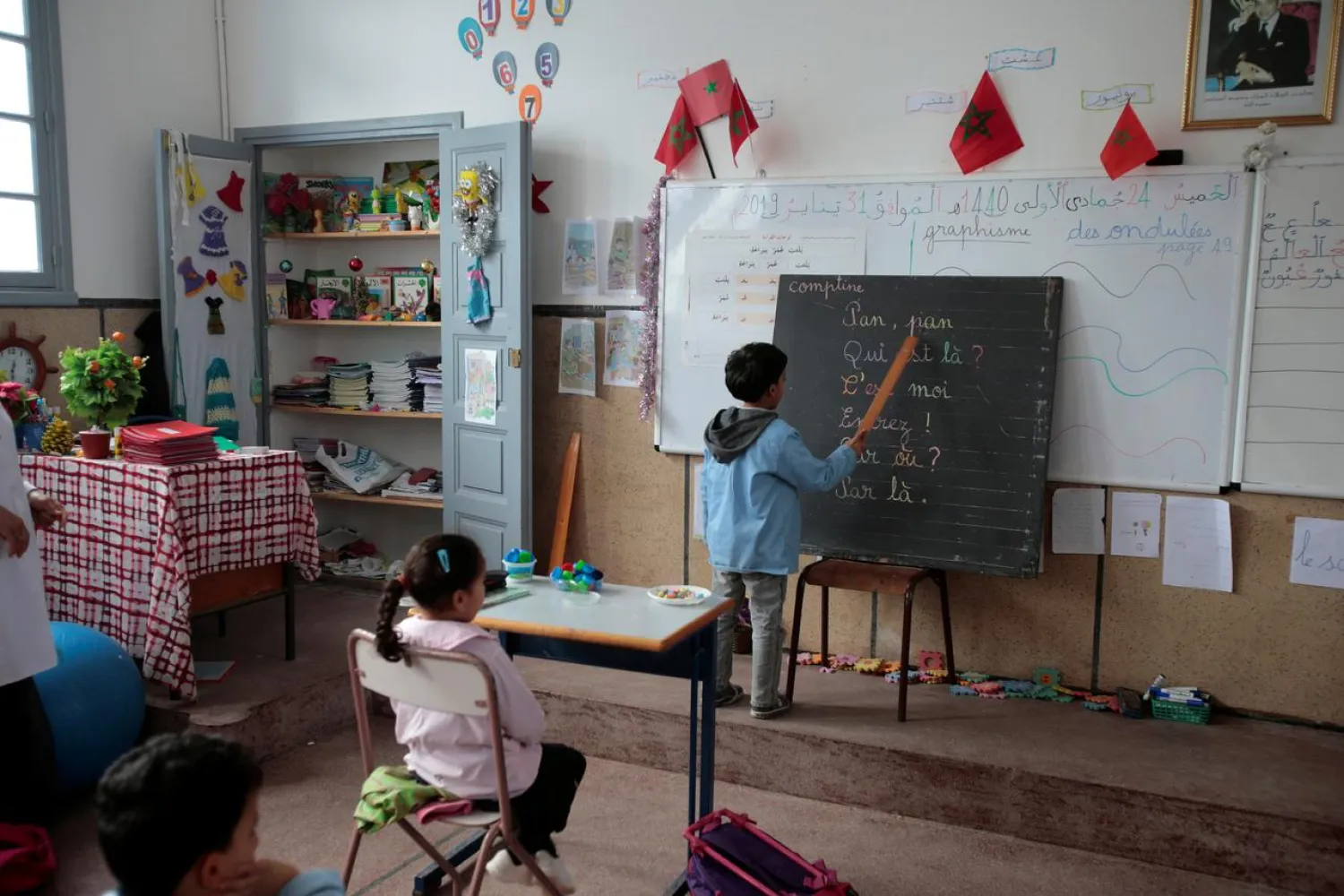Moroccan lawmakers passed a draft law on Monday evening that would pave the way for strengthening the place of French in Moroccan schools, overturning decades of Arabization.
The legislation was adopted in the lower house by 241-4, with 21 abstentions. Most members of the co-ruling PJD and conservative Istiqlal lawmakers abstained from voting on the articles stipulating the use of French as a language of instruction, reported Reuters.
The text will enter into force after a second reading in the upper house and its publication in the official bulletin.
The country’s official languages are Arabic and Amazigh. Most people speak Moroccan Arabic – a mixture of Arabic and Amazigh infused with French and Spanish influences.
French reigns supreme, however, in business, government and higher education, giving those who can afford to be privately schooled in French a huge advantage over most of the country’s students.
Two out of three people fail to complete their studies at public universities in Morocco, mainly because they do not speak French, according to education ministry figures.
To curb the number of university dropouts and equip people with the language requirements needed for jobs, the government proposed reintroducing French as a language of teaching science, mathematics and technical subjects.
Such classes are taught in Arabic up to high school - a disconnect with French-dominated higher education.
The adoption of the draft law irked advocates of Arabization, including the former secretary general of the PJD party, Abdelilah Benkirane, who described the reintroduction of the language of the former colonial power as a betrayal of the “party’s principles.”
Two parliamentarians from a coalition of leftist parties, Omar Balafrej and Mostafa Chennaoui, voted against the draft law after the rejection of their amendments to enshrine a tax on wealth and a progressive inheritance tax to fund education reform.
Morocco increased the education budget by 5.4 billion dirhams ($561 million) in 2019 to 68 billion dirhams ($7 billion) as it seeks to boost access and improve infrastructure notably in hard-to-reach areas.









